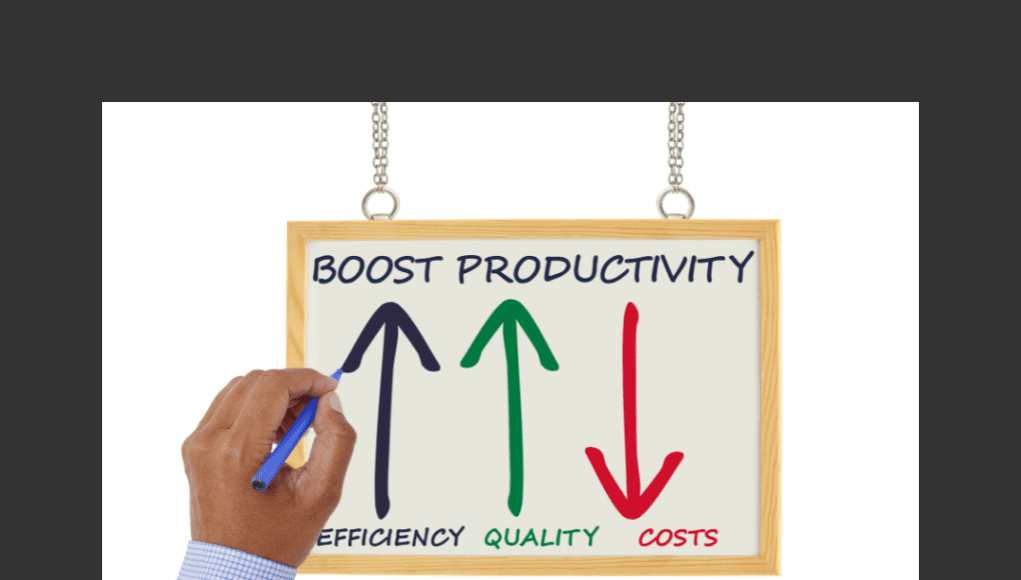In today’s fast-paced work environment, productivity is about more than just getting things done—it’s about working smarter, staying focused, and managing time effectively. Balancing multiple responsibilities while maintaining high performance can be challenging, especially when distractions, burnout, or poor time management get in the way. A scout can help you take your productivity to the next level by offering personalized strategies, tools, and guidance that align with your work style and goals.
Here’s how a scout can enhance your productivity, helping you achieve more with less stress and greater efficiency:
1. Identifying and Eliminating Time Wasters
The first step to boosting productivity is recognizing what’s holding you back. A scout helps you identify time-wasting habits and distractions that may be affecting your focus. Whether it’s endless email checking, inefficient workflows, or excessive multitasking, a scout offers practical strategies to eliminate these barriers and streamline your daily routine.
Example: If you find yourself getting sidetracked by constant notifications, your scout might suggest scheduling specific times for checking emails and messages, allowing you to stay focused on important tasks without interruptions.
2. Creating a Personalized Time Management Plan
Time management is key to productivity. A scout helps you develop a customized time management plan that fits your work style, goals, and responsibilities. By guiding you to prioritize tasks, set realistic deadlines, and break large projects into smaller, manageable steps, a scout ensures that you use your time effectively and reduce the stress of last-minute crunches.
Example: If you struggle with juggling multiple projects, your scout can introduce techniques like time-blocking or the Pomodoro method to help you allocate focused time for each task and improve overall efficiency.
3. Setting Clear, Achievable Goals
Setting clear, actionable goals is crucial for staying on track and maintaining productivity. A scout helps you break down your long-term goals into smaller, achievable tasks, ensuring that each step you take moves you closer to your objectives. They guide you in setting both daily and weekly goals that are realistic, measurable, and aligned with your overall career aspirations.
Example: If your goal is to complete a major report in a month, your scout can help you create a timeline with smaller milestones—such as conducting research in the first week, drafting sections in the second and third, and editing in the final week.
4. Improving Focus and Concentration
In today’s distraction-filled world, staying focused can be a challenge. A scout helps you develop techniques for improving concentration, whether it’s minimizing digital distractions, creating a more focused workspace, or using tools to keep you on task. They guide you in identifying what works best for you, ensuring that you stay engaged and productive throughout the day.
Example: If you often lose focus during work, your scout might suggest using focus apps, such as Forest or Freedom, to block distracting websites and help you stay on track.
5. Enhancing Task Prioritization
Not all tasks are created equal, and knowing how to prioritize is essential for productivity. A scout helps you develop a prioritization strategy that ensures you’re working on the most important tasks first. They’ll guide you in using tools like the Eisenhower Matrix (urgent vs. important tasks) or the ABCDE method, ensuring that you focus on what matters most without getting overwhelmed by lower-priority tasks.
Example: If you’re feeling overwhelmed by a long to-do list, your scout might help you categorize tasks based on their importance and urgency, allowing you to tackle the critical items first while scheduling the less urgent ones for later.
6. Building Routines for Consistency
Productivity isn’t just about bursts of intense work; it’s about building consistent habits that help you achieve your goals over time. A scout helps you create routines that reinforce productivity, whether it’s establishing a morning ritual, setting regular check-ins for progress tracking, or creating a focused work environment. These routines help you build momentum and maintain productivity on a daily basis.
Example: If you struggle with staying productive in the mornings, your scout might help you create a structured morning routine that includes time for goal-setting, planning, and focused work before diving into emails or meetings.
7. Managing Stress and Preventing Burnout
Productivity isn’t sustainable if it leads to burnout. A scout helps you manage stress by guiding you in finding balance between high productivity and self-care. They’ll offer techniques for managing workload, taking breaks, and incorporating mindfulness or relaxation practices into your routine to ensure that you stay energized and productive without feeling overwhelmed.
Example: If you’re feeling the pressure of constant deadlines, your scout might introduce mindfulness techniques or recommend short breaks between tasks to help you recharge and stay focused without burning out.
8. Leveraging Productivity Tools and Technology
Technology offers a wealth of tools that can enhance your productivity, but finding the right ones can be overwhelming. A scout helps you identify and implement the best productivity tools for your specific needs, whether it’s task management apps like Trello or Asana, time-tracking tools, or digital calendars. With the right tools in place, you can automate processes, stay organized, and keep track of your tasks more efficiently.
Example: If you struggle with keeping track of tasks across multiple projects, your scout might recommend using a tool like Todoist or Monday.com to centralize your tasks, set reminders, and track progress in one place.
9. Tracking Progress and Reflecting on Results
Tracking your progress is essential for maintaining productivity and adjusting your strategies over time. A scout helps you create systems for monitoring your productivity, ensuring that you’re making progress toward your goals and identifying areas for improvement. They guide you in reflecting on your successes and challenges, making adjustments to your routine as needed to stay productive.
Example: If you’ve been working toward a major deadline, your scout might recommend weekly reflection sessions to evaluate your progress, celebrate achievements, and identify any roadblocks that need to be addressed.
10. Maintaining Motivation and Accountability
Staying productive over the long term requires motivation and accountability. A scout acts as an accountability partner, providing regular check-ins and offering encouragement to keep you on track. They’ll help you stay focused on your goals, provide feedback when needed, and celebrate your successes along the way.
Example: If you struggle with procrastination, your scout might schedule regular progress updates or set smaller deadlines to keep you motivated and ensure you stay on course.
Conclusion
Productivity is more than just checking off tasks—it’s about maximizing your time, energy, and focus to achieve meaningful results. Working with a scout can transform your approach to productivity, providing personalized strategies, tools, and support that align with your goals and work style. From eliminating distractions and prioritizing tasks to managing stress and tracking progress, a scout ensures that you stay efficient, focused, and motivated.
By building effective routines, leveraging the right tools, and staying accountable to your goals, you’ll not only boost your productivity but also reduce stress and achieve greater success in both your personal and professional life. With a scout’s guidance, you can work smarter, not harder, and unlock your full potential.




























